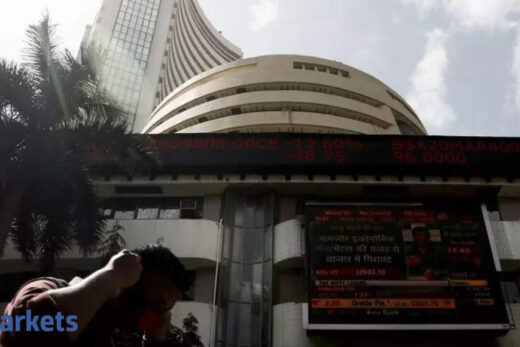What is your reading of the Q4 numbers of Tata Consumer Products?
The results reflected significant margin pressure. The decline in margins was severe than expected. The cost pressures for many of these consumer companies continue, especially for Tata Consumer, as tea prices have been on a tear. They could see some more impact of this going forward also. Unlike last year, when many of these companies benefited in the lockdown because demand remained stable this time it is not the case. Tata Consumer is no longer a cheap stock. It has gone up substantially. It needs to give up some gain at this stage and if it gives a decent correction of maybe 10-15%, you can have another look at it.
What about Dabur? Are you anticipating pressure there as well? They have a slightly different mix of products.
Dabur’s mix is significantly different. There could be impact on margins depending on how well they have been able to manage that but since health is a focus right now, some of their key categories may continue to grow well. Dabur could be one company out of the FMCG universe which should do well. Volume growth should be good and it should continue to do well unlike many of the other consumer companies where we could see slacking of growth from this quarter. Given its product profile, Dabur can actually hold on.
Will cement stocks take a back seat now?
There is going to be an impact on everything. Now the key is the degree of the impact. Cement companies should still continue to do decently in terms of growth. Margins will obviously take a hit given the fact that raw material prices have moved up. But the current quarter results of UltraTech should be very good as has been the trend with other companies.
Going forward, the key is whether COVID will impact housing revival which had just started. There is a possibility it could have some impact and could it also impact infrastructure investments because all they are funded by central and state governments. So if their revenues come under stress, the easiest thing to cut back normally is capital expenditure because cutting down of revenue expenditure is very tough. So those are the uncertainties. These stocks are no longer cheap as they were a year back. UltraTech should be double of what it was merely a year back. So I have been bullish on UltraTech, but at current prices the upside potential is low. If the overall market gives a correction at some stage or the stock specifically corrects, that might be a better time to look at it.
SBI Life is a well discovered story but would you say that the stock provides further headroom for growth? Can one buy even at these levels?
The penetration game is going on for insurance companies. In the current result season, SBI Life did much better than other insurance companies. The long-term potential of insurance companies, especially life insurance companies, is very strong. On our valuation growth paradigm, SBI Life is well placed. For low risk investors, this is a good stock to hold.
Does it make sense to buy Hindalco, Vedanta or Hindustan Zinc?
If you look at the charts of most of these commodity companies, it is a straight line up. The challenge is whether the straight line will sustain or you could get a sharp selloff. Looking at the way these stocks have moved, I think the risk reward is low at this stage. People should wait for better entry opportunities in commodity stocks because this is the only segment which has actually been moving up in a durable fashion in the entire market.
What can trigger a selloff in commodity, IT and pharma stocks? Will it be Fed or will it be pure profit booking?
I think it is a global revival story playing out. The key is how long will the central banks or the authorities ignore inflationary pressures. If people believe that they are not going to act on inflation at all, then this move could continue for some more time. But eventually they will need to act because it is not only steel, cement, even palm oil prices are at a 13-year high. US corn prices are at an 8-year high level. So trends are becoming generalised and unless they act, it could get entrenched into the system and then the entire transitory inflation theory will not remain. It is tough to say when it will happen but it may happen sooner than what most people expect.
The longer term directional move in commodities could be positive because capacities have not come up for the last several years. New capacities will take at least 2-3 years to come out. And to that extent, there will be a durability in the move but then there will be intermittent corrections.
Pharma is a different story. It can continue to outperform. The larger companies could do well because this segment has underperformed for a long time and now it has started to come back.
In the IT sector, valuations do not take into account the margin pressures which are going to come up because there is now a fight for talent in the industry. Wage inflation could be higher than what people expect. The rupee has been surprisingly very resilient and strong.
On airline stocks
It is the liquidity story and nothing beyond that. SpiceJet has been under some sort of distress and have also been cutting down salaries and firing people. They have been trying to restructure lease rentals. Travelling had gone up to as high as 3.5 lakh per day just a couple of months ago but it is now down to may be 90,000 to a lakh per day. And on top of that, you have the fuel prices moving up. So it is very tough to justify these prices, especially if you look at IndiGo unless people are assuming that this will be the only company left standing and will make obnoxious profits. Otherwise, given the current environment and the travel outlook in the near term, it is going to be a tough phase for airlines.



